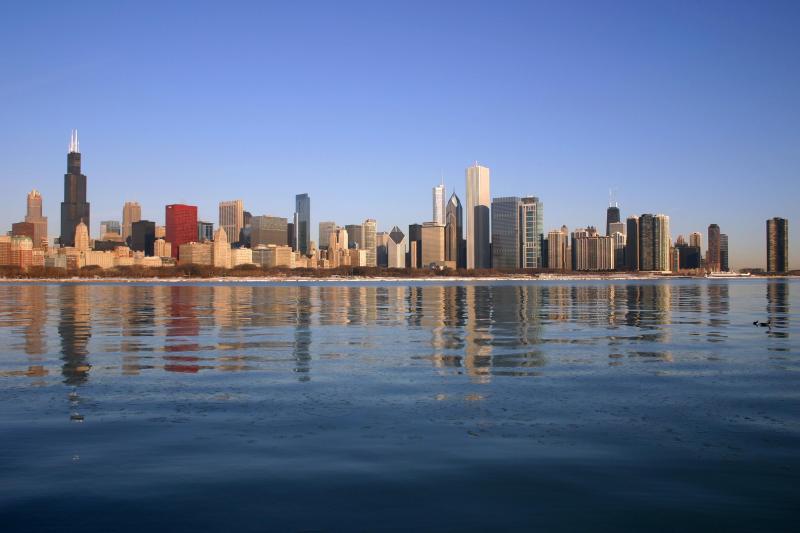
Families road tripping through the Midwest this summer are hitting an unpleasant surprise once they cross Prairie State lines— a whopping 38 cents-per-gallon gas tax.
Illinois lawmakers kicked off summer break by doubling the state gas tax from 19 to 38 cents-a-gallon under Senate Bill 1939. To make matters worse, this dramatic tax hike went into effect on July 1st just as drivers sat in record-breaking holiday traffic.
The gas tax revenue will be used to pay for a massive infrastructure project—one that could arguably be funded without a significant tax increase. But raising taxes is what lawmakers do, rather than reforming government. Illinois is now home to the second highest state and local gas tax burden in the country, as noted by Illinois Policy.
Fortunately for those who have flexibility in their travel plans/routes, the state’s border with Indiana is lined with gas stations. Many Illinoisans already travel to Northwest Indiana on regular basis to fill up their gas tank due to the lower tax rates. This trend is likely to grow in popularity—resulting in revenue loss for the state and Illinois businesses who rely heavily on convenience store sales.
William Fleischli, Vice President of the Illinois Petroleum Marketers Association/ Illinois Association of Convenience Stores, expects that the state’s motor fuel volume sales will go down by 2-3% and convenience store sales by 10-12% due to the gas tax increase.
“Borders will become wider and our customers will cross them to buy motor fuel, cigarettes, and other ancillary items, costing the state tax dollars and companies profits,” said Fleischli.
While families traversing across the Midwest may only fuel their car once or twice in the state, many Illinoisans don’t have that luxury. And unfortunately for Prairie State residents, Illinois lawmakers have no intention of letting up in their effort to raise taxes.
Just last month, lawmakers raised the cigarette tax from $1.98 to $2.98-per-pack under Senate Bill 690. Illinois already had the thirteenth highest cigarette tax in the country before this tax went into effect—making it a popular destination for smugglers to import cigarettes across state lines. Now that Illinois dons the ninth highest cigarette tax in the nation, illicit cigarette activity is likely to get much worse.
Further, lawmakers are laying the groundwork for a progressive income tax code in the state. The Illinois House recently amended the state constitution’s longstanding ban on graduated income tax rates. From here, the issue will be placed on the ballot in 2020, where voters will decide whether or not they want to replace the flat 4.95% income tax rate with a bracketed income tax code.
If enacted, the tax code would provide a modest 0.2% tax cut for those earning less than $10,000 annually while nearly doubling the tax burden of those earning over $250,000 annually (from 4.95% to 7.75-7.95%). This massive tax hike, on top of the cigarette and gas tax hikes, would further drive businesses and job opportunities out of the state; the meager tax breaks for the poor will not make up for the loss of jobs the tax hikes would likely cause.
Illinois is moving in the wrong direction and it’s clear that many voters want out, as residents are leaving in droves. Yet lawmakers continue to paper over the state’s $14 billion deficit with tax hikes while failing to address the root causes of debt. Rather than driving families and businesses out of the state via high taxes, lawmakers should address the bad policies fueling the deficit: government spending. Until then, lawmakers can expect more Illinois residents to leave.

